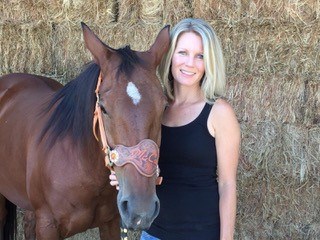Study: Donkeys Need Added Protection in Cold Climates

“The initial idea (for the study) came from the Donkey Sanctuary,” noted researcher Britta Osthaus, PhD, senior lecturer at Canterbury Christ Church University. “This study is part of a larger project that also collected data on the use of shelters in correlation with temperature, wind, insect density, and precipitation.
“It is a saying amongst donkey owners that donkeys aren’t waterproof, but nobody had tested the hair properties in a systematic way,” she added.
The research team collected hair samples from 18 donkeys, 16 U.K.-native cold-blood horses and ponies, and eight mules (all of varied ages) during the months of June, September, December, and March, from 2015 to 2016. After drying samples, the researchers weighed and measured them for comparison purposes.
The team found significant differences in the hair coat properties between species, with donkeys’ hair significantly lower in weight and length than horses both in winter and spring. They observed substantial seasonal changes in hair weight and length for both horses and mules, but not for donkeys. Measurements related to insulation properties revealed that donkeys do not appear to grow any winter coat. Mules’ hair coat properties were much closer to that of horses than of donkeys, said Osthaus.
“Our data clearly suggest that the native horses studied are better adapted to the temperate climate of the U.K., where there are distinct seasonal changes in climate and cool winters,” concluded the researchers.
“Based on (this) published study, donkeys need access to a warm and dry place when they want it,” Osthaus stressed. “They are desert animals, and their coats show this clearly. Don’t be deceived by the fluff, it’s not as insulating as the winter coat of a horse.”
The study, “Hair coat properties of donkeys, mules, and horses in temperate climate,” was published in the Equine Veterinary Journal.

Written by:
Casie Bazay, NBCAAM
Related Articles
Stay on top of the most recent Horse Health news with












